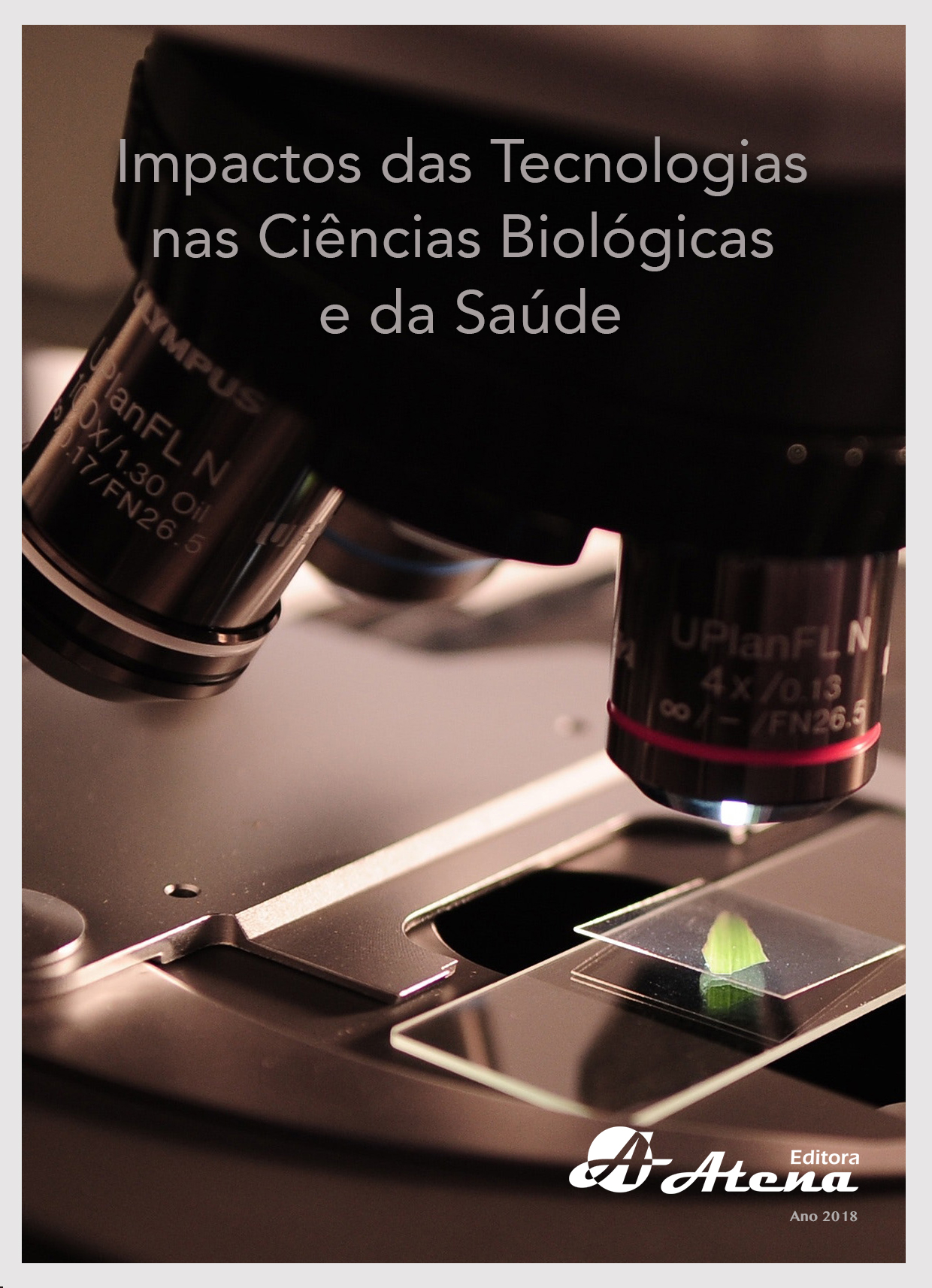
CONHECIMENTOS DOS ADOLESCENTES SOBRE HIV/AIDS/IST NO INTERIOR DE PERNAMBUCO
A adolescência é a fase onde o indivíduo
geralmente inicia a vida sexual. Assim, a incidência
de notificação dos casos de infecção com Vírus da
Imunodeficiência Humana (HIV) tem aumentado e
percebe-se a vulnerabilidade dessa faixa etária e a
necessidade do compartilhamento de informações
e incentivo à prática da prevenção e controle dessa
doença. Analisar o conhecimento de discentes
adolescentes do interior de Pernambuco, acerca
das maneiras de prevenção do HIV, Síndrome da
Imunodeficiência Adquirida (AIDS) e Infecções
sexualmente transmissíveis (IST). Estudo
descritivo com abordagem quantitativa realizada
em 2016 com 144 discentes adolescentes
de escola pública. Aplicou-se um instrumento
semiestruturado para obtenção de conhecimento
prévio sobre a temática e posteriormente realizouse intervenções educativas sobre a temática
de maneira dinâmica, lúdica e dialogada.
Observa-se que 87,5% demonstram conhecer
que o preservativo é o principal método de
prevenção. Entretanto, percebe-se que 58,5% são sexualmente ativos, destes apenas 37,6% afirmam utilizar sempre o preservativo. Outro
fato preocupante é a escassez de informação sobre o local para fazer o teste de HIV, pois
90,3% nunca realizou o exame e 70% não sabe onde este pode ser realizado. Percebe-se
a necessidade de intervenção profissional articulada com a escola, na busca de informar
e interagir com os adolescentes através da disseminação de informações por diferentes
meios sociais em que eles estão inseridos. Essa prática estimula a atividade sexual baseada
na prevenção e esclarecimento sobre tais doenças
CONHECIMENTOS DOS ADOLESCENTES SOBRE HIV/AIDS/IST NO INTERIOR DE PERNAMBUCO
-
DOI: Atena
-
Palavras-chave: Doenças sexualmente transmissíveis. Educação em Saúde. Prevenção e controle.
-
Keywords: Sexually transmitted diseases, health education, prevention and control
-
Abstract:
Adolescence is the phase where the individual usually initiates sex life. Thus,
the incidence of reporting of cases of Human Immunodeficiency Virus (HIV) infection
has increased and we can see the vulnerability of this age group and the need to share
information and encourage the practice of prevention and control of this disease. To analyze
the knowledge of adolescent students from the interior of Pernambuco about the ways
of HIV prevention, Acquired Immunodeficiency Syndrome (AIDS) and Sexually Transmitted
Infections (STIs). A descriptive study with a quantitative approach was carried out in 2016
with 144 public school adolescents. A semistructured instrument was applied to obtain
prior knowledge about the subject, and educational interventions were subsequently
carried out on the subject in a dynamic, playful and dialogical way. It is observed that 87.5%
demonstrate that the condom is the main method of prevention. However, it can be seen
that 58.5% are sexually active, of which only 37.6% say they always use condoms. Another
worrying fact is the scarcity of information about the place to take the HIV test, since 90.3%
never took the exam and 70% do not know where it can be done. The need for professional
intervention articulated with the school is sought to inform and interact with adolescents
through the dissemination of information through different social environments in which they
are inserted. This practice encourages sexual activity based on prevention and clarification
on such diseases.
-
Número de páginas: 15
- Silvana Cavalcanti dos Santos


